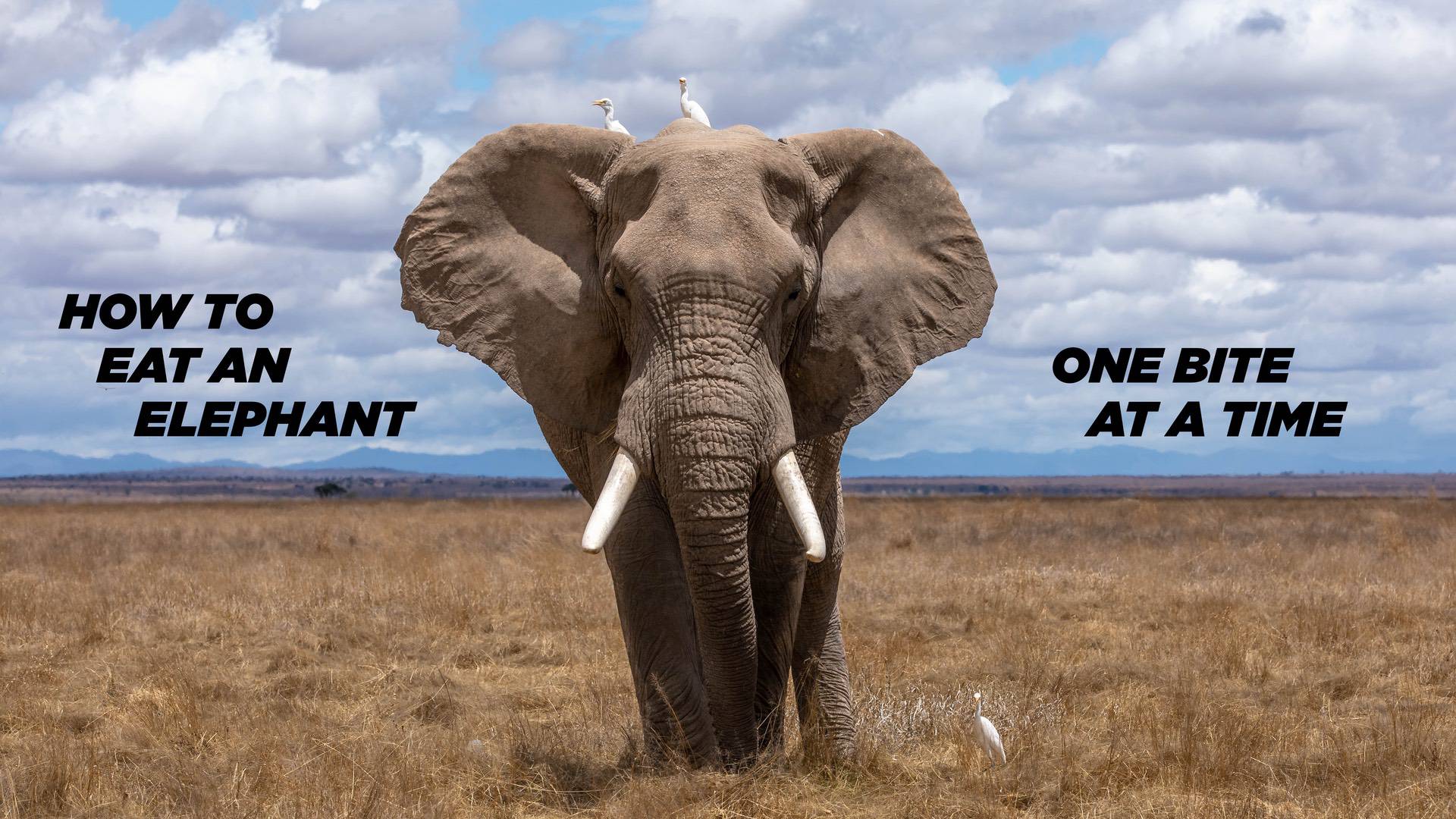Getting anything done takes planning and doing. So, the planning is mental, and the doing is physical. Instilling healthy lifestyle habits come from changing both extrinsically and intrinsically.
It has been popular to state that habits are created in two or three weeks, but for the long term, that really isn’t practical. A goal like getting fit, for instance, takes creating many habits and doing them with consistency. That takes time. I like to ask potential clients who come in to see me for an initial session if mentally they are the tortoise or the hare. People with a long-term mindset know that slow and steady wins the race. Anyone can lose weight. It’s the maintaining weight loss that is meaningful. Anyone can go to a gym and flail their arms and legs around. Its building the skill of lifting that creates strength.
Here are some of the top strategies I use with clients to find and own their success.
- Uncover the reason to make a change that is important to you, and then support the changes by sharing your actions with others. Be accountable to walking your talk. Most people say that they want to lose “x” amount of weight, or that they want to be “healthier”. But it never becomes a part of who they are. That’s the” what”. But why? Why is that meaningful? How will your life change? How will you view the world, how will people view you when that change is made? In the words of Roger Daltrey, Who Are You? Because stuff is constantly going to come up and try to sabotage your efforts. Periods of low energy, feelings of monotony, 30 below weather, friends with lesser goals… What you choose to notice and bring to the surface will not blindside you. Having a clear picture of why you want what you want, and who you are at your essence will keep you on track.
- Break your journey down into measurable and do-able pieces. Two decades ago, when I had been vigilantly watching what I ate, and still weighed close to 200 pounds; the journey seemed endless, and the moments were lifeless. Don’t hang all your happiness on an end goal. Instead celebrate the milestones. Set a point, like every 5 pounds, to reward yourself with something you enjoy. A spa day, a trip, a shopping trip, whatever makes you feel rewarded. I used to go to Lululemon on the evenings that I felt like binging, just to try the clothes on. I’d imagine how good I was going to look next month or the month afterwards. After a while I’d just admire my hard work in the mirror. As we age our priorities change. Now I visualize myself in my 80’s, lifting heavy weights and being walker free.
- Write down your goal, the reward you gave yourself, and then write some words about the struggles you had to overcome to hit that mini-goal and what it FEELS like to achieve it. Attach some power words like- determination. Describe- “on that Tuesday night when the chocolate ice cream I bought for the kids called my name, I went to bed instead.” Record how it FELT waking up the next morning, knowing that you overcame that temptation.
- Like overcoming any addiction or ill habit, support is important. Find another person who has the tortoise mentality who is going along the same journey, as well as a mentor who has already walked the path, to bounce your feelings and thoughts off of. Find a person of strength who walks their talk. Make a steadfast vow at the beginning to at least check in with this person before you choose to relapse into your old eating habits. Ultimately it is your CHOICE to choose what actions you are going to take. Talk helps to uncover the “why” you feel the need to stray from your goal. Talk about practical stuff that can have profound impacts like small food choice changes. For example, choosing evening snacks. Choosing air popped popcorn and calorie free drinks instead of buttered popcorn and sodas. Overtime this makes a big difference! I have these types of conversations with my clients all the time. I know how hard it is to stay doing the work that leads to goals, and I know how rewarding it feels to live goals.
- NEVER LET YOURSELF GET TOO HUNGRY. We are fighting the strong biological need to survive when our hunger strikes. If you wait more than three hours to eat, your body will tell you that you need those fatty appealing foods – think about it. Every single voluntary action needed to survive as humans has a reward attached. If you are really hungry, is chicken and broccoli your first choice? Probably not. When we are over hungry, the first thing we think of is all the densely caloric foods we love. So, have your food plan ready for the day and your foods either prepared or no more than 15 minutes away from plate ready. Eat the amount of protein you need, which is always way more than a person is used to eating. That’s why they have hunger that they cant control. Protein is highly satiating; it doesn’t metabolize the same as fats and carbs. it should always be the centre of the meal.
- Really own the truth that quick results do not equal long term success. Weight gain happens when energy balance is off. However, over the years, weight gain and strength loss happen due to what we choose to eat and what we choose to do with our bodies on the daily. This entails more than just dieting, watching what you eat, and getting in a little exercise here and there.
Choosing foods with a higher thermal effect like protein and non-starch vegetables, choosing higher quality starch carbs and fats, staying hydrated, appropriate supplementation, how much we move daily in general activity, how much of our muscle mass we retain as we age- this requires lifting weights with enough stimulus to create and /or maintain muscle, doing both zone 2 and zone 4 cardiovascular exercise consistently. in short, doing the daily habits that improve metabolic functioning are how we reach and maintain goals.
This takes planning, practicing and time. Overtime, it becomes a way of life. So, achieving and maintaining goals is just like eating an elephant. How do you eat an elephant? One bite at a time.




